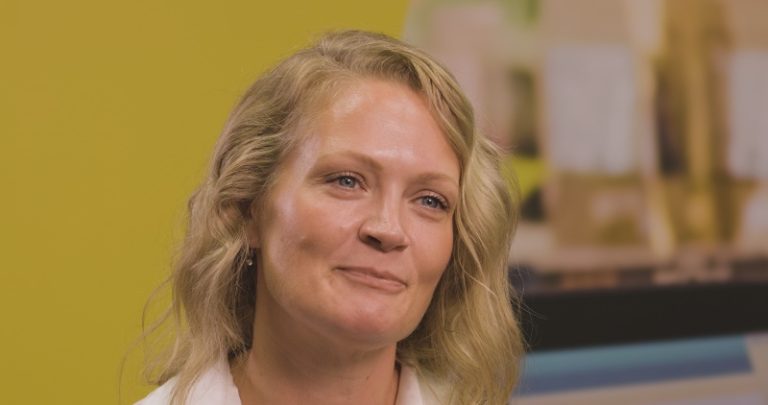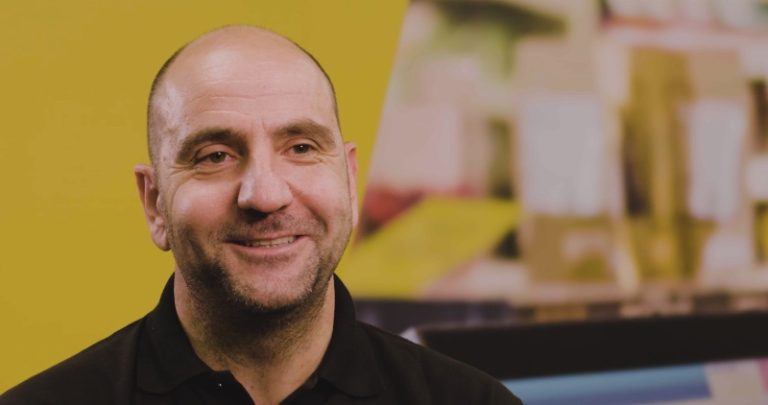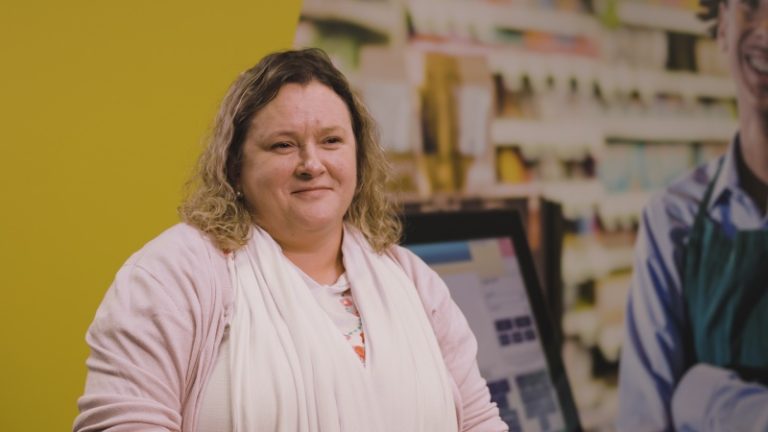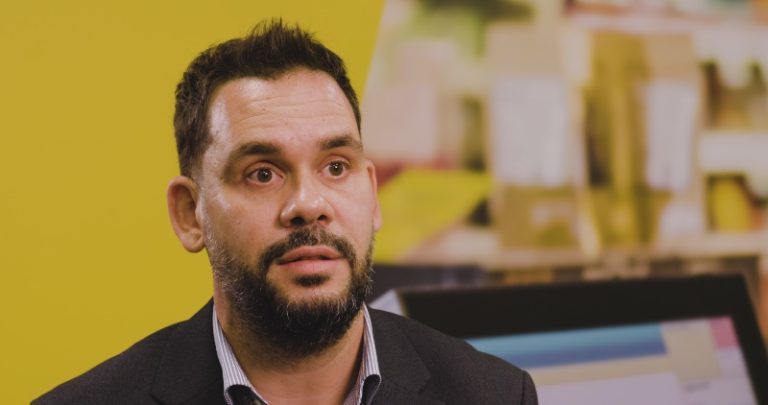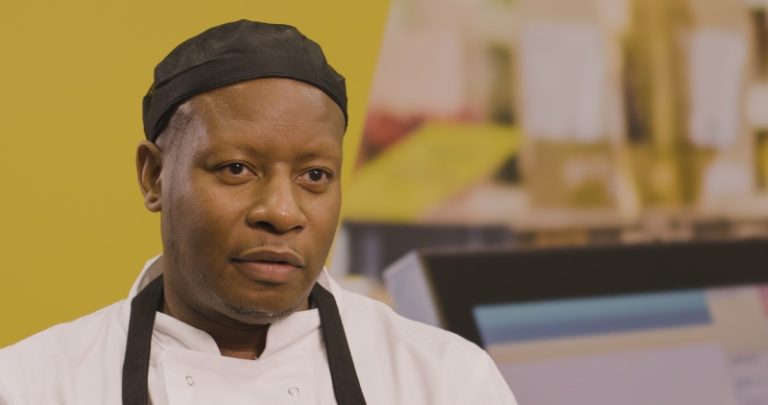Choosing your GCSE options
Choosing your GCSE options
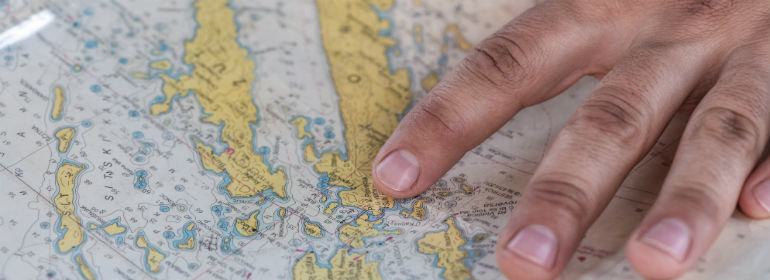
Starting work may seem a long way off, but the subjects you study now can make a real difference to your future. Check out our guide to choosing your GCSE options.
What's the deal?
- In year 9, you can select some of the subjects you would like to study in years 10 and 11. This is called choosing your options
- Everyone has to study maths, English and science, usually at GCSE-level
- The other subjects you can take will depend on your school. You may be able pick an arts subject (such as music or drama), a humanities subject (such as history or geography) and a technical subject (such as food tech or computer science). Other options include modern foreign languages and PE
- You may also be able to choose new subjects, such as law or sociology
- Alongside GCSEs, your school may offer work-related qualifications. These are called VTQs (vocational and technical qualifications). VTQs help you develop practical skills in subjects such as construction, computing and childcare
Why does it matter?
You’ll be studying the subjects you choose for the next two years so it makes sense to pick what you think you’ll like.
The decisions you make now can also limit your choices later, so it’s a good idea to look ahead.
If you want to study certain subjects at A-level, you may need to have a GCSE in the subject first. And to apply to certain university courses, you’ll need certain A-levels. But there are some subjects (at both A-level and university) that you can start from scratch.
Thinking through your choices now can make your future easier.
Keeping your future options open
Even if you have a career in mind, choosing a balance of subjects can help keep your future options open.
The English Baccalaureate (EBacc) is a measure for schools which shows how many students take a number of set subjects (English, maths, history or geography, the sciences and a language) and their average results. EBacc subjects can prove a useful guide when choosing your options, especially if you want to continue with your studies.

Choosing your GCSE options (video)
People in work reflect on making their GCSE choices and how they shaped their future pathways.
Watch now
What to think about
Take time to think things through.
- Consider which subjects you are good at, are interested in or enjoy
- Look at the topics you’ll be studying in each subject to get a flavour of the course. Beware – you can’t always tell if you’ll like something new, but you can get an idea of what to expect
- If you’re trying to choose between two subjects, think about how each option fits with your other GCSEs. Does a subject go well with your other choices? Or does a subject provide a welcome change? If you’re taking lots of essay-based subjects, it can be nice to include one choice with a more practical focus
- Find out how courses are marked. If you don’t like exams, you may prefer some subjects which include coursework, also known as non-exam assessment (NEA). This is when performances or practical tasks count towards your final marks – for example, 40% of your marks may be coursework, with 60% exams. Coursework is often part of subjects such as art, music, PE, drama, design & technology and food preparation & nutrition. The split between coursework and exams is not always the same so check to avoid any surprises!
Who can help?
Talk to a range of people to get different views.
- Ask your subject teachers, form tutor, or careers teachers for advice
- Talk to your parents, carers or relatives
- Look out for special options assemblies or evenings at school
- Read any information or handouts you are given
- Speak to a careers adviser for free on the phone or online at the National Careers Service
Find out more
Get career ideas
- Explore icould video stories by your favourite school subject or job type
More on making decisions
- Can’t decide? Tactics for making decisions is a useful list to work through and includes examples around GCSE subjects
- Choosing well: how to pick the right path for you is a more detailed guide to making choices which affect your future
- See our short subject guides Why choose Geography? and Why choose History?
Last updated: 6th February 2025

